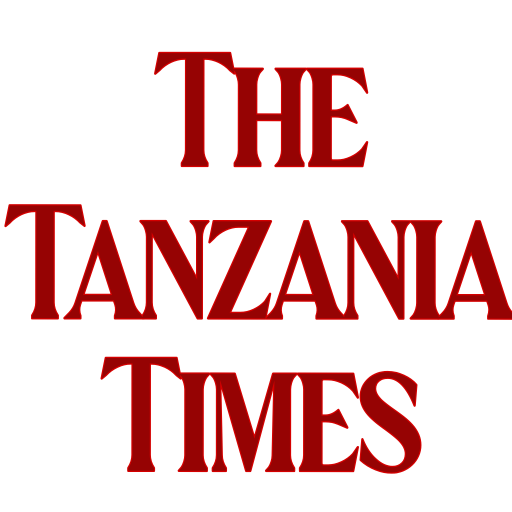As Global Demand for Leather Escalates: Shipments of Hides, Skins Get Stuck At Meat Processing Factory In Longido
Large consignments of high-grade, raw animal hides and skins are stuck in vaults at the Eliya Food Overseas Limited in Arusha, lacking markets, even when there is huge demand for leather products worldwide.
Factory management explains that there is a bulging stock of over 5000 pieces of Hides which keeps piling up in the giant abbatoir and meat processing plant located just a stone-throw away from the Tanzania-Kenya borderline.

Razaq Mwamwetle is the Marketing officer for Eliya Food Overseas Limited. He explained the situation as …
The factory operates around the clock on daily basis, farmers and livestock keepers supply animals to the abbatoir and while there is ready market for steaks, we are yet to find proper buyers and outlets for the animal hides and skins. We also can’t sell other by-products.
Razaq Mwamwetle
The factory seems to be struggling to find markets for by-products, including hides and skins, animal fat and ghee, liver and intestines.
“Our hides are also of high value, free from marks, blemishes and scratches,” Razaq maintained.
Factory Director, Shabbir Virjee recently appealed to President Samia Suluhu to assist in opening up corridors of supply to the far-east, that is China and the Democratic Republic of Congo where initial processes to that effect had started but yet to be finalized.
As far as China is concerned, we are still in negotiations and are currently discussing issues of meat quality. But for the DRC, despite being a potential market outlet, there is safety concerns in the troubled country
Shabbir Virjee
But while Hides are stuck in Longido, statistics from Grand View Research on the other hand indicate rising demands of leather products, around the world.
Global leather goods market size was valued at USD 395 billion in 2020.
Market for leather products is again focused to be growing at annual rate of 5.9 percent from 2021 to 2028.
Mordor Intelligence place the annual growing demand of leather goods at 6.2 Percent, globally. China, Europe and Asia-Pacific seem to be the major buyers.
The demand is mainly driven by rising consumer disposable income, improved living standards, changing fashion trends, and growing domestic and international tourism.
All high-end luxury car manufacturers such as Rolls Royce and Maybach line of Mercedes Benz, for instance, opt for full leather interiors and upholstery.
Plus the global population of 7 billion, definately needs shoes made from leather.
Hides aside, Eliya Food Overseas Limited of Longido also deals with supplying fresh meat.
The company distributes its products across the country on rapid shipment arrangement. The firm has fleet of trucks keeping a tight schedule of connecting the factory direct to retail stores, hotels, institutions and fast food outlets to ensure fresh delivery.
Eliya Food Overseas’ meat products are also exported to as far as the Sultanate of Oman as well as the United Arab Emirates (UAE) by air and sea.
The facility is said to be East Africa’s largest meat processing factory constructed at the cost of 17 billion/-. It was envisaged to be able to slaughter 500 cattle and 2000 goats per day.

The plant would also process and package meat products for added value, before exporting the same.
Except, according to the management, the factory operates at 30 percent of its fully capacity. Should it roar to a hundred percent, then the facility would generate revenues amounting to over 1 billion/- per year.
Upon establishment, the factory was envisaged to provide direct employment to 300 Tanzanians, with 2000 other people expected benefit from indirect employment.
The slaughterhouse is strategically placed next to the Eworendeke International Livestock Market, in Namanga, where cattle, goats, sheep and other forms of kept animals from all over Tanzania, are usually auctioned, attracting buyers from across the border.


